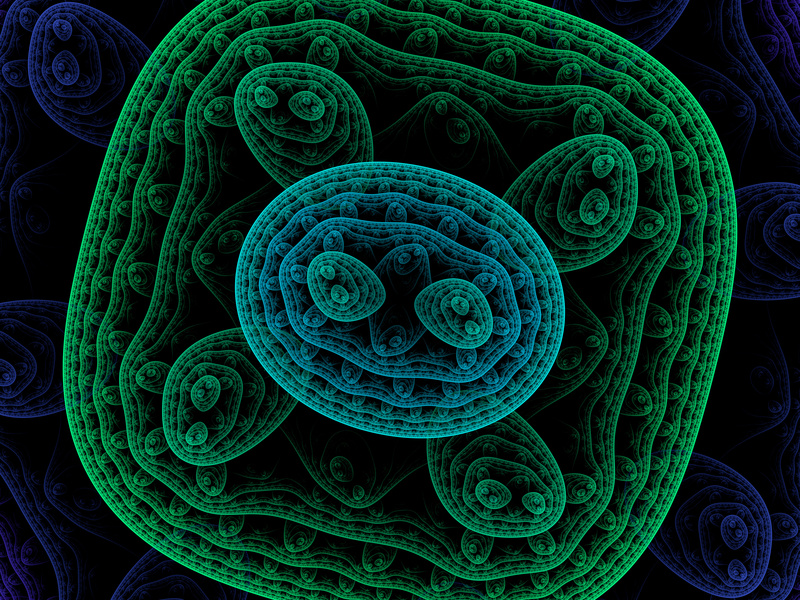Researchers have shown for the first time, in mice, that naturally occurring gut bacteria are vital in the process that leads to proper development of the prefrontal cortex. The PFC is a major brain region that is the seat of cognition. Its function is impaired in some psychiatric and neurodevelopmental disorders, including schizophrenia and autism spectrum disorder (ASD).
Researchers have shown for the first time, in mice, that naturally occurring gut bacteria are vital in the process that leads to proper development of the prefrontal cortex. The PFC is a major brain region that is the seat of cognition. Its function is impaired in some psychiatric and neurodevelopmental disorders, including schizophrenia and autism spectrum disorder (ASD).
While most of us probably don’t associate microbes in our digestive system with the functioning of our brain, the connection has been established in recent years using what scientists calls GF animal models – animals that are raised in a germ-free environment, and that are deficient in the myriad species of microbes that normally colonize the digestive tract. In experiments in GF animals, variations in the types and amounts of microbes have been observed to correlate with anxiety-related behaviors, impaired social cognition and the response to stress.
How exactly do tiny microbes affect the brain? Researchers based at University College Cork, in Ireland, led by Professor John F. Cryan, Ph.D. and including 2013 NARSAD Young Investigator grantee Gerard Clarke, Ph.D., examined links between gut bacteria and gene activity in neurons of the prefrontal cortex in mice. Mice, being mammals, are not only closely related to humans genetically; their brains, while less complex than those of humans, are excellent functional models that in many ways parallel the function of the human brain.
Study: gut bacteria are vital in the process leading to proper development of the prefrontal cortex #microbiome. Tweet >
Reporting April 5, 2016 in the journal Translational Psychiatry, the team found that in mice bred “germ-free” and whose guts were grossly deficient in normal colonization by bacteria, nerve cells in the prefrontal cortex produced too much myelin, the substance that protectively coats the thread-like filaments that connect brain cells and carry their messages. This overproduction of myelin was the result of overactivity in genes that instruct cells to manufacture the insulating substance.
This is an important finding, in part because irregularities in myelin – and the portion of the brain that is dominated by it, called “white matter” – have long been associated with schizophrenia.
The unusual genetic activity and excess of myelin related to an absence of normal gut microbes, the team found, could be reversed by subsequent introduction of bacteria that settled in the mice’s bodies during a critical period of early development. This result suggests that gut bacteria may be a useful target in developing new forms of treatment to curb, control or even prevent some cases of mental illness in which the prefrontal cortex does not function properly.
The team cautioned that their findings applied only in male mice, as females with bacterial deficiencies did not demonstrate the same developmental differences. This sex difference, the researchers urge, should be explored in future studies.
Takeaway: A study has found that the body’s natural gut bacteria help regulate neuronal structure within the prefrontal cortex, pointing toward a new possible target for treating mental illness linked with problems in this brain region.











Leave A Reply